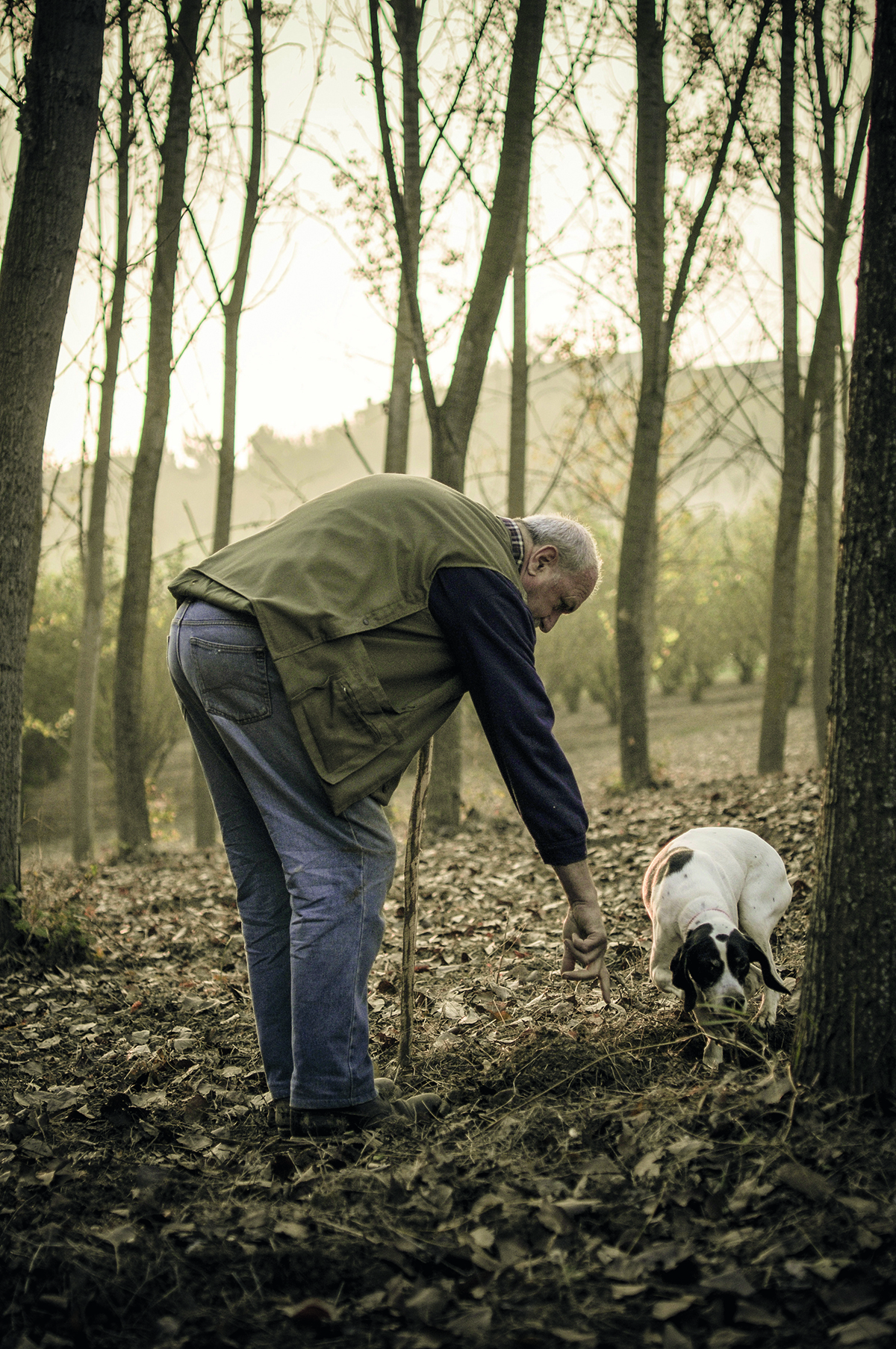
Truffle hunting has been in severe decline since the early 20th century, but is once again on the rise as a craft and is currently highlighted by the Respected by Gaggenau campaign
The art of the handmade, and the appreciation of high-quality, low-volume makers, are having a resurgence. With the help of the German luxury appliance maker and their Respected by Gaggenau campaign, the future of crafts and the artisanal, whether in food, winemaking or the crafting of objects, is looking brighter, as Lisa Jayne Harris explains
“The nobility and humility of great craft transcends industries and products,” says Master of Wine, Sarah Abbott. “Artisans offer a sense of adventure, excitement and nuance that’s simply not available elsewhere.” The mystique that comes with creating a product by hand – whether that’s a time-honoured way to age wine and make cheese, or a modern take on knife making – touches us in a unique and deep way that mass-produced goods cannot: “People respond to the beauty, sweat, toil and integrity of craft,” Abbott explains. “We’re in a time of a craft renaissance. Our respect for authenticity and integrity in what we make and consume is growing.”
Follow LUX on Instagram: luxthemagazine
The resurgence in craft’s popularity is at odds with our increasingly digitised everyday lives and fast-paced consumerism. But therein lies its draw, as handcrafted objects seem to reverberate with the energy of their maker when we hold them in our own hands, and they promise to last longer than impulse purchases, too. “We live in a throwaway world,” says author and food critic, Tom Parker Bowles. “So, it’s really refreshing when things are made to last. Technology has a built-in obsolescence to force us to buy a new phone or whatever, but we’re looking at a more sustainable future in all areas of our lives, including food sourcing.”
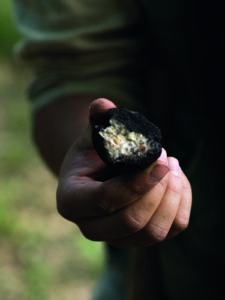
Both Parker Bowles and Abbott are judges of the Respected by Gaggenau initiative, which honours, supports and promotes small producers and artisans in the food industry. “We want to give something back to people who deserve it and need it most,” explains Gaggenau’s managing director, Dr Peter Goetz. Regional experts will nominate artisans who use skilled, traditional techniques to create exceptional and authentic products in food, wine and design.
Such authentic artisanal products are distinguished by their fundamental values of patience, passion and heritage. Both maker and customer have to be patient: “People who appreciate the finer things are usually happy to wait,” says professional truffle hunter and owner of The English Truffle Company, James Feaver. His business plan manages customers’ expectations and controls truffle pre-sales so they don’t take on more orders than are achievable. “Every day of hunting depends on the vagaries of the weather. If people get in touch in advance, we do our best to deliver, but we only harvest what’s sustainable and available at that time. I’m more like a fisherman than an artisan baker. I don’t make truffles like a baker makes his bread; nature has done all the hard work and I just find them.”
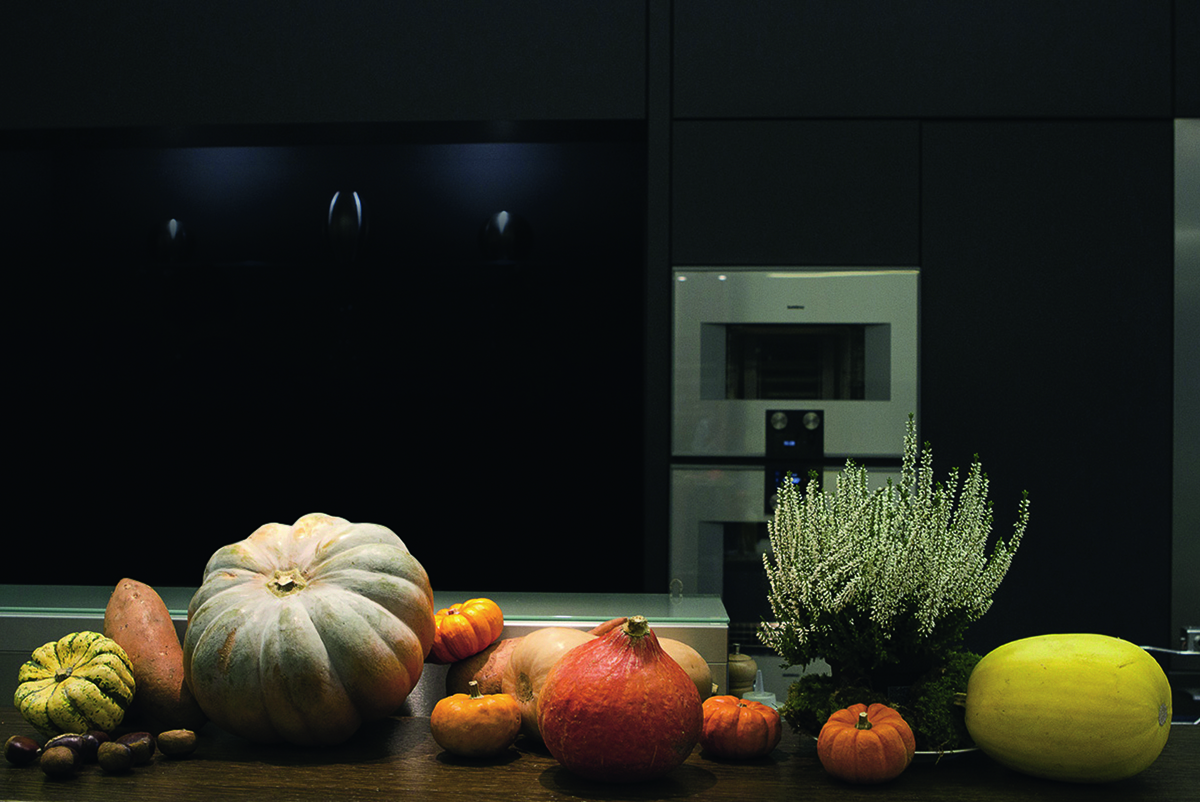
Gaggenau appliances can be adapted to any seasonal food preparation.
It’s the passion of people like James who make artisanal products stand out. “True artisans really believe in something,” says Gaggenau’s head of design, Sven Baacke. “They have a vision, they’re digressive, authentic and have a strong character. I see that throughout Gaggenau, too, not just in the design team but in the engineers and every department. We’re all striving for the best.” Abbott believes the character of an artisan winemaker is so palpable that she can taste the ‘maker’s mark’: “There’s a certain idiosyncrasy, a distinctive personality and edginess in the wine over different vintages. Great wines from large producers tend to be more polished, assured and even, but artisanal wineries exist on a knife edge, and you can often taste that in their wines.”
Read more: How Chelsea Barracks is celebrating contemporary British craft
The future is uncertain for many small producers. James has led a British truffle hunting resurgence, but the skill very nearly died out when the last professional truffle hunter, Alfred Collins, hung up his boots in 1930. “At one time there were 10 truffle hunters working out of Alfred Collins’s village,” explains James. “Truffle hunting was a sport for the gentry, like shooting or horse riding, but when Collins retired the custom and his knowledge disappeared too. I’ve been truffle hunting since 2008, and it’s only in the past dozen years that knowledge has come back to this country with our renewed interest in sustainability, British produce and farmers markets.” Crafts like truffle hunting are essentially a shared cultural memory, unique to each community they come from, and only by supporting these skills can we ensure they’re not forgotten. As the Arts and Craft designer William Morris said, “The past is not dead, it is living in us, and will be alive in the future which we are now helping to make.”
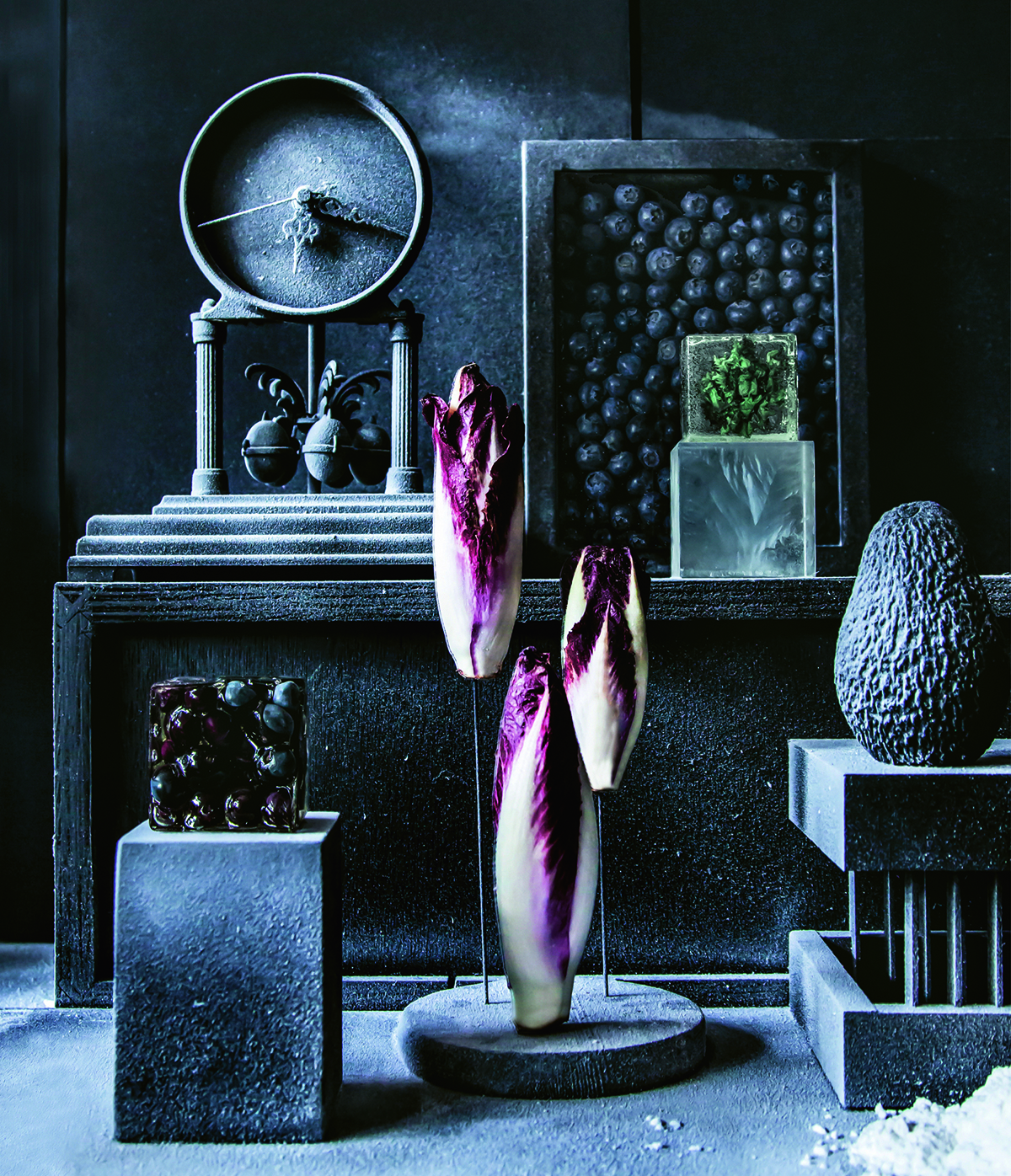
An image from the ‘Frozen in Time’ series by culinary artists Studio Appétit for Gaggenau
Climate change is perhaps the biggest threat to the future of artisan food businesses. “We’re already seeing lower rainfall and higher temperatures,” says James, “And that’s not good for truffles.” Sustainability and biodiversity are necessarily at the heart of artisanal work, because they’re more connected to their locality and environment. But this means climate change affects them even more acutely. “Artisanal wineries typically focus on a single small region or wine style,” Abbott points out. “They can’t spread their bets like larger producers, who mitigate risk across multiple regions and grape varieties.” If one variety fails, the small producer’s whole livelihood is at stake.
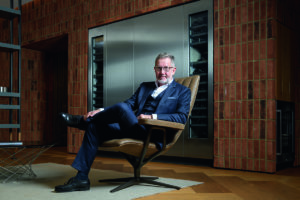
Managing director of Gaggenau, Dr Peter Goetz
Everything that makes craft special – the fact that it’s unique, handmade, small scale and highly skilled – is exactly what puts it under threat. The Heritage Crafts Association maintains a list of endangered and extinct handicrafts in the UK, including bell founding, scissor making, tinsmithing and cricket ball making, and they advocate for their preservation. But thankfully many craft producers have demonstrated their ongoing resilience through the Covid-19 pandemic by pivoting their business models or selling directly to customers. While that works on a local level, it still leaves them exposed in the longer term. “Many of these makers are third, fourth or fifth generation. Their domestic reputation is typically very strong, but it’s a challenge for them to reach diverse markets to weather our increasingly global economic storms,” Abbott says. “Small producers thrive through a more intuitive, organic relationship between maker and consumer but in a noisy, ever-expanding, luxury global market. Without resources for strategic marketing or PR, they struggle to be heard.”
Support programmes such as Respected by Gaggenau can go some way in giving artisans a voice and helping them keep doing what they do best. An appliance manufacturer championing small, independent producers might sound surprising, but the Respected by Gaggenau initiative reveals how much they have in common. “Of course, we are an industrial manufacturer,” says Baacke, “and some of our high-tech processes are best done by machines. But if the kitchen is the heart of the home then appliances are the soul. There is always a human touch to our work, like the hand-polished finish or detailed quality control. It’s the perfect balance between craft and industrialisation.”
The 2020 Respected by Gaggenau prize will bring global attention to three regional producers in food, viniculture and design. “Nominees are likely to be unsung heroes,” says Goetz. “Such as a farmer who produces a small amount of exceptional beef for just a handful of top chefs each year. We want to give that farmer recognition and promote their story to our discerning network.”
Ultimately, it’s up to us all to maintain the heritage of craftsmanship: “I’m an optimist,” says Tom Parker Bowles, “But we have to keep supporting artisan producers and value where our food comes from to secure a better future.”
Find out more: gaggenau.com
This article features in the Autumn 2020 Issue, hitting newsstands in October.







Recent Comments